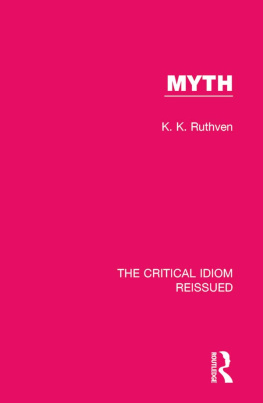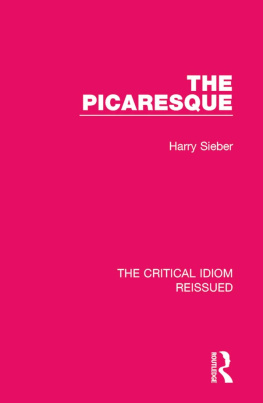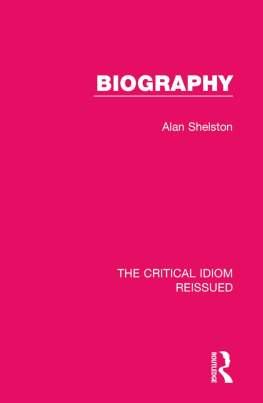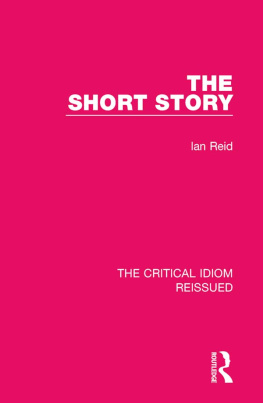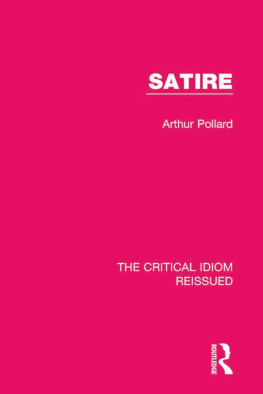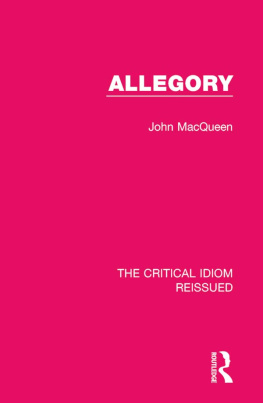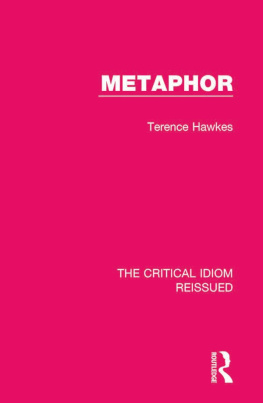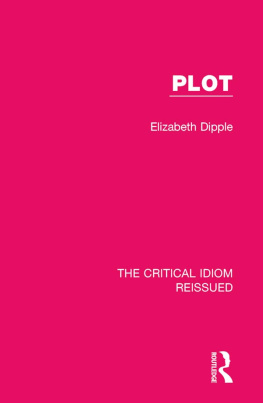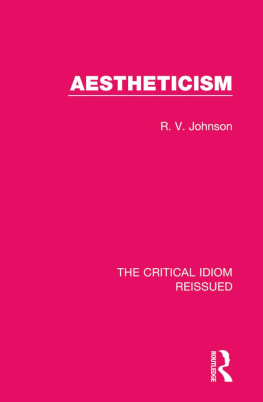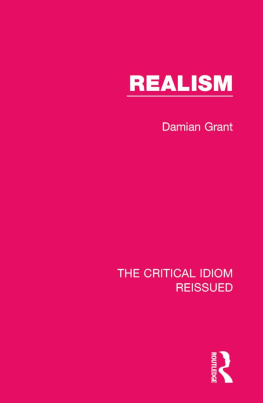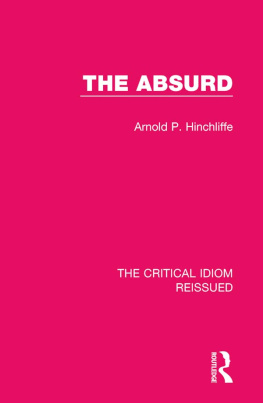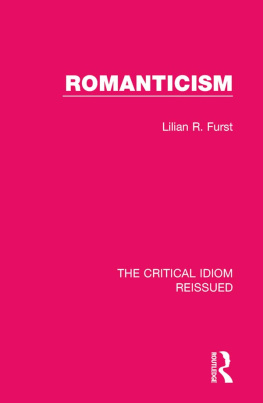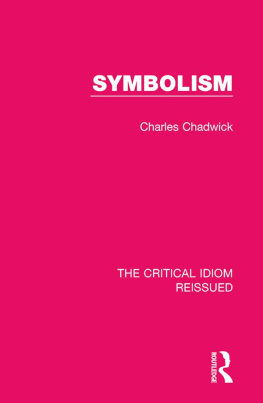Table of Contents
Guide
Print Page Numbers
THE CRITICAL IDIOM REISSUED
Volume 30
MYTH
MYTH
K. K. RUTHVEN
First published in 1976 by Methuen & Co Ltd
This edition first published in 2018
by Routledge
2 Park Square, Milton Park, Abingdon, Oxon OX14 4RN
and by Routledge
711 Third Avenue, New York, NY 10017
Routledge is an imprint of the Taylor & Francis Group, an informa business
1976 K. K. Ruthven
All rights reserved. No part of this book may be reprinted or reproduced or utilised in any form or by any electronic, mechanical, or other means, now known or hereafter invented, including photocopying and recording, or in any information storage or retrieval system, without permission in writing from the publishers.
Trademark notice: Product or corporate names may be trademarks or registered trademarks, and are used only for identification and explanation without intent to infringe.
British Library Cataloguing in Publication Data
A catalogue record for this book is available from the British Library
ISBN: 978-1-138-21971-7 (Set)
ISBN: 978-1-315-26975-7 (Set) (ebk)
ISBN: 978-1-138-28390-9 (Volume 30) (hbk)
ISBN: 978-1-315-11536-8 (Volume 30) (ebk)
Publishers Note
The publisher has gone to great lengths to ensure the quality of this reprint but points out that some imperfections in the original copies may be apparent.
Disclaimer
The publisher has made every effort to trace copyright holders and would welcome correspondence from those they have been unable to trace.
Myth
K. K. Ruthven
Methuen & Co Ltd
First published 1976
by Methuen & Co Ltd
11 New Fetter Lane London EC4P 4EE
1976 K. K. Ruthven
ISBN 0 416 78990 0 Hardback
ISBN 0 416 79000 3 Paperback
This title is available in both hardback and paperback editions. The paperback edition is sold subject to the condition that it shall not, by way of trade or otherwise, be lent, resold, hired out, or otherwise circulated without the publishers prior consent in any form of binding or cover other than that in which it is published and without a similar condition including this condition being imposed on the subsequent purchaser.
Distributed in the USA by
HARPER & ROW, PUBLISHERS INC
BARNES & NOBLE IMPORT DIVISION
To Simon, Guy and Patrick
Contents
The volumes composing the Critical Idiom deal with a wide variety of key terms in our critical vocabulary. The purpose of the series differs from that served by the standard glossaries of literary terms. Many terms are adequately defined for the needs of students by the brief entries in these glossaries, and such terms do not call for attention in the present series. But there are other terms which cannot be made familiar by means of compact definitions. Students need to grow accustomed to them through simple and straightforward but reasonably full discussions. The purpose of this series is to provide such discussions.
Many critics have borrowed methods and criteria from currently influential bodies of knowledge or belief that have developed without particular reference to literature. In our own century, some of them have drawn on art-history, psychology, or sociology. Others, strong in a comprehensive faith, have looked at literature from a Marxist or a Christian or some other sharply defined point of view. The result has been the importation into literary criticism of terms from the vocabularies of these sciences and creeds. Discussions of such bodies of knowledge and belief in their bearing upon literature and literary criticism form a natural extension of the initial aim of the Critical Idiom.
Because of their diversity of subject-matter, the studies in the series vary considerably in structure. But all the authors have tried to give as full illustrative quotation as possible, to make reference whenever appropriate to more than one literature, and to write in such a way as to guide readers towards the short bibliographies in which they have made suggestions for further reading.
John D. Jump
University of Manchester
What is myth? I know very well what it is, provided that nobody asks me; but if I am asked and try to explain, I am baffled. So wrote St Augustine in his Confessions (xi. 14), grappling engagingly with that elusive category called time, and anticipating the predicament of anybody who is pressed for a brief and comprehensive definition of myth. It is the question itself, we come to realize, which is at fault, for we have no direct experience of myth as such, but only of particular myths: and these, we discover, are obscure in origin, protean in form and ambiguous in meaning. Seemingly immune to rational explication, they nevertheless stimulate rational enquiry, which accounts for the diversity of conflicting explanations, none of which is ever comprehensive enough to explain myth away. Myths partake of that quality ascribed to poetry in Wallace Stevens meticulously evasive aphorism: they appear to resist the intelligence almost successfully. This is why they attract systematizers who reassure us that the mighty maze is not without a plan, because myth is nothing more than primitive science, or history, or the embodiment of unconscious fantasies, or some other solvent currently in favour. Evidence adduced in support of each claim often convinces one that certain myths must have arisen exactly as the systematizer describes: his skeleton-key undoubtedly fits a certain type of lock. But systematizers are not content to contribute one more mythogony to the existent stock, nor to aspire towards that condition of pluralistic tolerance advocated by Melville and Frances Herskovits (1958, p. 121); on the contrary, they are out to discover a comprehensive mono-mythogony of their own, some universal key to all mythologies. George Eliot caricatured their mentality in the person of Casaubon in Middlemarch (18712), but it would be wrong to deride their single-mindedness, for each of them is the inventor of one of those possibilities which now constitute our range of choice. Resolutely monistic in their approach (and ever prone to the

